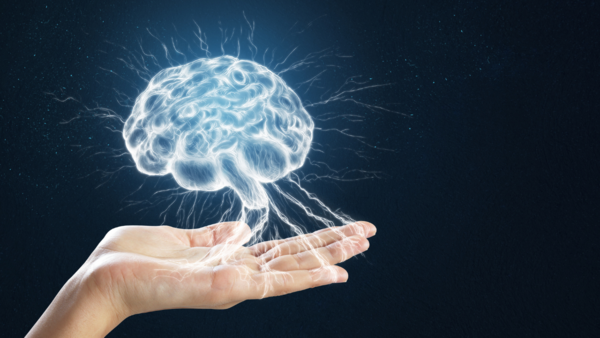Power of divergent thinking

One of the most remarkable characteristics of a brilliant mind is the ability to engage in divergent thinking. Unlike convergent thinking, which focuses on finding a single correct solution to a problem, divergent thinking involves generating multiple solutions or ideas from a single starting point. This trait allows brilliant individuals to think outside the box, approaching problems from various angles and coming up with creative solutions.
A study conducted by J.P. Guilford in the 1950s laid the groundwork for understanding divergent thinking. Guilford proposed that creativity, a hallmark of brilliance, stems from one’s capacity for divergent thinking. This explains why many brilliant minds excel in fields requiring innovation, such as the arts, science, and technology.
Solitude for deep thought
Contrary to popular belief, brilliant minds thrive in solitude. While social interactions are crucial, periods of isolation allow these individuals to engage in deep thought and reflection. This habit of seeking solitude is not a sign of social withdrawal but rather a preference for uninterrupted time to process complex ideas.
Why Fever and Skin Problems Are Good For The Body As Per Homeopathy
Research by psychologist Mihaly Csikszentmihalyi, who developed the concept of “flow,” highlights that individuals experience a state of optimal creativity and productivity when they are fully immersed in an activity. For many brilliant minds, solitude provides the perfect environment to achieve this flow state, where ideas can flourish without external distractions.
Unconventional sleep patterns
Brilliant minds often display unconventional sleep patterns, a characteristic that might seem counterintuitive to productivity. While the typical recommendation is to get 7-8 hours of sleep per night, some brilliant individuals operate on far less. This phenomenon is known as “sleepless elite,” a term popularised by journalist Laura Vanderkam.
Studies have shown that a small percentage of the population, associated with high levels of creativity and intelligence, can function optimally on just 4-6 hours of sleep. This allows them to have more waking hours to dedicate to their passions and pursuits.
The obsession with learning
A brilliant mind is rarely content with the status quo. These individuals possess an insatiable curiosity and a relentless desire to learn. They are constantly seeking new knowledge, whether through reading, experimenting, or engaging in intellectual discussions. This obsession with learning is not driven by external rewards but by an intrinsic motivation to understand the world around them.
Psychologist Carol Dweck’s research on the “growth mindset” sheds light on this trait. According to Dweck, individuals with a growth mindset believe that their abilities can be developed through dedication and hard work.
The ability to enjoy uncertainty
Finally, one of the most fascinating traits of a brilliant mind is the ability to embrace ambiguity. While most people seek clarity and certainty, brilliant individuals are comfortable with uncertainty and complexity. They understand that not all problems have clear-cut solutions and that sometimes, the best ideas emerge from ambiguous situations.
Research published in the Journal of Personality and Social Psychology found that individuals who are comfortable with ambiguity are more likely to exhibit creativity and problem-solving skills. This ability to deal with uncertainty allows brilliant minds to explore and lead to groundbreaking discoveries and innovations.

